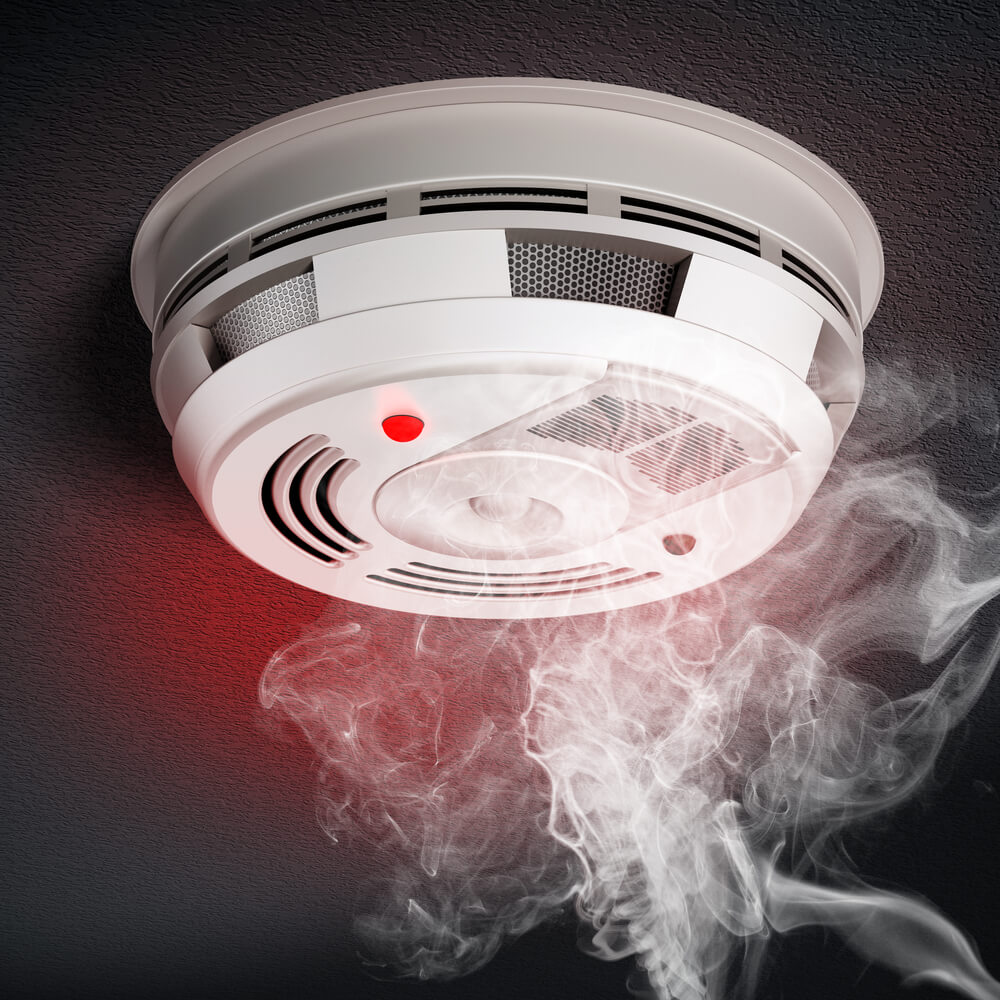
Top 7 Reasons Your Fire Alarm May Go Off Randomly
Fire alarms are crucial for safety and peace of mind, playing a vital role in alerting occupants of potential fire hazards. However, when a fire alarm goes off randomly without any apparent cause, it can lead to confusion, anxiety, and even complacency towards real alarms. Atkins Systems, a leader in home and business security alarm systems in Canton, GA since 1983, delves into the top seven reasons why fire alarms might activate unexpectedly, and how to address these issues to ensure your alarm system functions optimally.
1. Dust and Debris:
Tiny Intruders, Big Impact: Dust particles, insects, or other small debris can find their way into smoke detectors, interfering with their operation and causing false alarms. Regular cleaning and maintenance of the detectors can prevent these false triggers.
2. Steam or High Humidity:
Mistaken Identity: Smoke detectors can sometimes mistake steam or high humidity for smoke. Installing detectors away from bathrooms or kitchens, or opting for humidity-resistant models, can mitigate this issue.
3. Low Battery:
Power Down: A low battery in a smoke detector can result in intermittent beeping or random alarms. Ensuring batteries are replaced regularly, and immediately when low battery signals are emitted, will solve this problem.
4. Electrical Interference:
Wired Wrong: For hardwired smoke detectors, electrical surges or issues with the wiring can cause false alarms. Ensuring proper installation and regular maintenance checks can keep electrical interference at bay.
5. Over-Sensitive Detectors:
Too Alert: Some smoke detectors are designed to be highly sensitive, which is great for early detection but can also lead to false alarms due to minor smoke from cooking or even burnt toast. Adjusting sensitivity settings or relocating the detector can help.
6. Malfunctioning Unit:
Wear and Tear: Like any electronic device, smoke detectors have a lifespan and can start malfunctioning as they age. Replacing units every 10 years, or as recommended by the manufacturer, ensures they remain in top working condition.
7. Environmental Factors:
Beyond Your Control: Sometimes, environmental factors like high winds, dust storms, or even insects can trigger outdoor or ventilated smoke detectors. Being aware of these conditions can help in identifying and addressing false alarms quickly.
Contact Atkins Systems Today For Your Fire Safety Needs
Random fire alarm activations can be perplexing and unsettling, but understanding the common causes behind them allows you to take proactive steps to minimize false alarms, ensuring your alarm system functions accurately and reliably. Atkins Systems is committed to helping you maintain a safe and secure environment, offering expert advice, top-notch alarm systems, and unparalleled support. Contact us today to explore how we can enhance your property’s safety and give you peace of mind.
Quick FAQs
Q1: How often should I clean my smoke detectors? A1: It’s recommended to clean your smoke detectors at least once every six months to prevent dust and debris buildup.
Q2: Can I adjust the sensitivity of my smoke detector? A2: Some smoke detectors allow sensitivity adjustments, but it’s crucial to refer to the manufacturer’s guidelines or consult with a professional to ensure it still meets safety standards.
Q3: What type of battery is best for smoke detectors? A3: It’s recommended to use alkaline or lithium batteries for smoke detectors, and to replace them at least once a year, or as soon as a low battery signal is detected.
Q4: How do I know when it’s time to replace my smoke detector? A4: Smoke detectors generally have a lifespan of 10 years. Check the manufacturing date on your unit, and replace it after 10 years or if it starts malfunctioning.
Q5: What should I do if my fire alarm goes off randomly? A5: Check for any obvious causes such as steam, dust, or low battery. If the issue persists, consult with a professional to inspect and service the unit.
